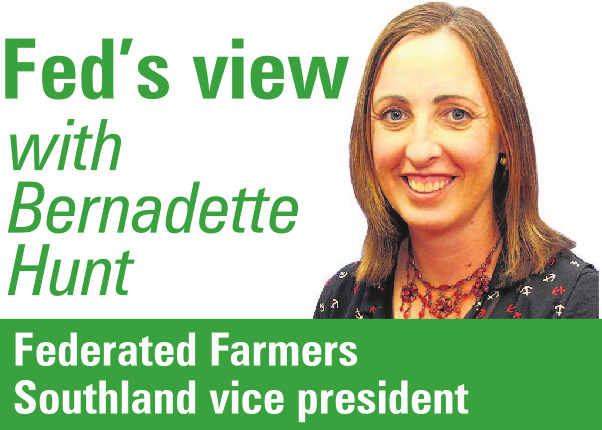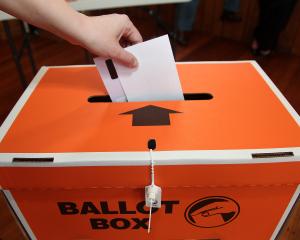
That’s the question I was asked the other day from someone who observed that farmers seem to be perpetually unhappy, despite great demand for our product, and food demand likely to go only one way for the foreseeable future.
To cut the ensuing long conversation short, my response was "the steady invasion of bureaucratic costs and red-tape that won’t deliver any benefit to anyone".
None of us have a problem with doing our bit. And we don’t expect all rewards or benefits to be financial. But the plethora of new rules, costs and taxes lining up in front of us won’t deliver a thing.
Winter grazing resource consents (or the much heralded "deemed permitted activity" from Environment Southland) will produce a piece of paper that won’t have anything behind it, because there is no way the regional councils can do the required due diligence or compliance work that should go with them. Plus, farmers have made the required improvements anyway, without this red tape.
A tax on our emissions will have no benefit to global warming because, for now anyway, the only way it will deliver reduced emissions out of NZ farming is through production cuts. In a world of ever-increasing food demand, reducing the lowest carbon footprint production will only deliver increased high-footprint production somewhere else to fill the gap.
Rules and regulations on indigenous biodiversity will undermine the huge efforts made by farmers to voluntarily develop, protect and enhance areas on their own farm, by turning native planting areas into a liability. Once that happens, who will voluntarily plant natives?
The analogy of the frog in a pot rings very true. The water temperature is gradually increasing, and it’s already too hot for some ... How much hotter do we let it get?
Farmers and Federated Farmers have invested a huge amount of time and effort engaging in good faith when consultations have taken place. But it seems we’re just not being listened to.
At best, we manage to negotiate a position that, while better than the initial proposal, still results in more hassle, cost and red-tape, often for no benefit to anything or anyone. We are more than willing to improve our practices and contribute to positive environmental outcomes — most of us do that without being forced to.
The question must be asked, at what point do we (the frogs) get out of the pot of hot water? So much is made of the importance of "being in the room" — but why waste our time in a room where nobody listens to us?
The winter grazing rules are a case in point. They simply can’t proceed on November 1 without a working farm plan pathway. If the Government can’t see that, a strong and united refusal to comply will probably be the only way forward.
At the time of writing, the Government’s response on He Waka Eke Noa — the Primary Sector Climate Action Partnership — is imminent. Given the widespread discontent through the farming sector in that space already, I’d hope there are plans afoot to genuinely listen to farmers on the way forward.
Farmers are at risk of being boiled alive if we don’t get out of the heating pot.
Bernadette Hunt is vice-president of Southland Federated Farmers.














